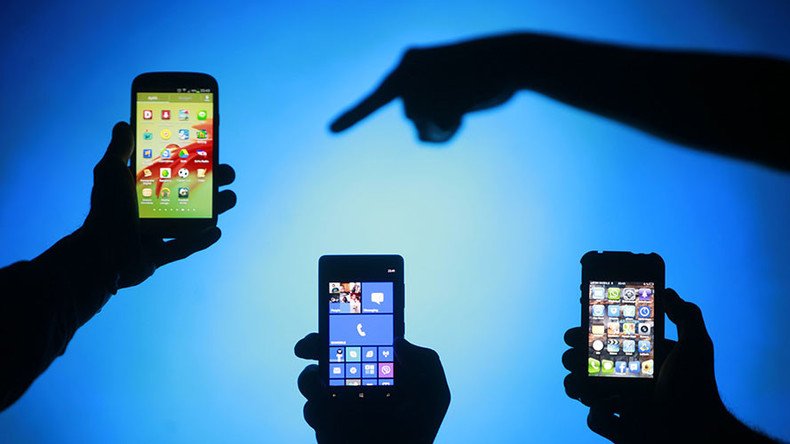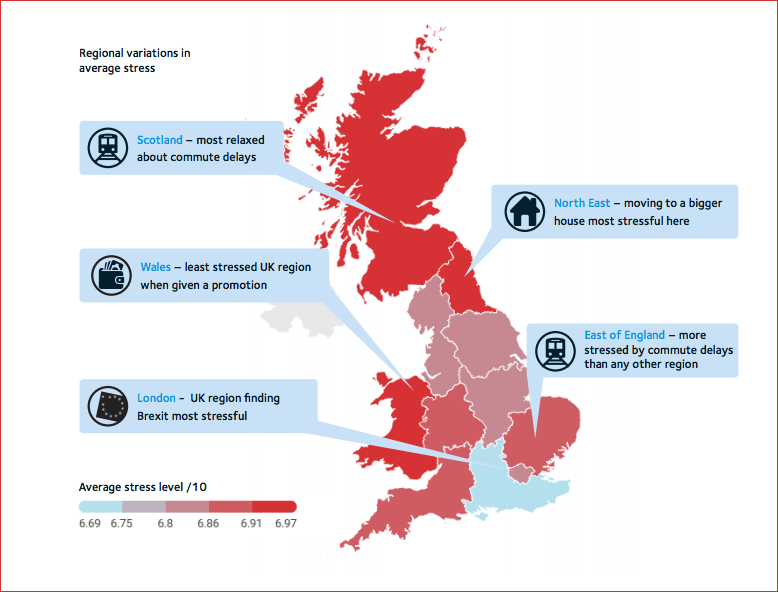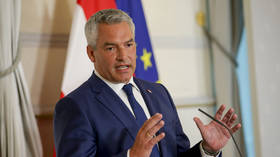Losing smartphone may be nearly as stressful as terrorist attack – study

Losing a smartphone could be almost as stressful as a terrorist attack, a new study by British scientists reveals. Also surprising (or perhaps not): Brits are scared of moving to a bigger house, going on holiday, and planning a wedding.
The nationwide survey was carried out by The Physiological Society, in partnership with the polling firm YouGov, and 2,000 British adults were surveyed.
Researchers asked the participants how stressed they would feel about a range of events, with the death of a loved one and serious illness, quite expectedly, receiving the highest marks for stress levels.
READ MORE: ‘Always-on’ work culture ‘is killing people’ - research
Then comes divorce, identity theft, financial problems, and even some events that would seem to be happy ones, but can still cause a lot of stress: starting a new job, planning a wedding, and giving birth to one’s first child.
There were, however, some surprising findings. The threat of a terrorist attack received a score of 5.84 – only slightly more stressful than losing a smartphone (5.79).
What’s more stressful, commuting or Brexit? Check out our stress report to see how 2k Britons answered https://t.co/H1WbNeSpo1#YearOfStresspic.twitter.com/gJUpLN0sDS
— PhysiologicalSociety (@ThePhySoc) March 15, 2017
Researchers believe this is the result of living in 2017, with modern life adding “some stresses that would not have been imagined 50 years ago such as the pervasiveness of social media and smartphones meaning we are connected 24/7.”
Naturally, younger people seemed to be more worried about going without their smartphones.
Last but not least, the Brits viewed Brexit, going on holiday, and getting a promotion at work as stressful events.
Participants were also asked to list some stressful events that they believe the survey had missed, and the most frequent responses were: car breakdowns, waiting in traffic, busy motorways, road rage, and riding with a careless driver.

Geographically, London was the most stressed about Brexit across the UK, and Scotland turned out to be the most relaxed about commute delays (yes, this was also one of the major stressful situations in the survey).
The Physiological Society said they expect the survey to draw attention to issues related to stress. For instance, long-term high stress levels can potentially cause severe health problems.
The survey also highlighted a curious fact: “It was striking that for every single event in this study, from money problems to Brexit, women reported greater stress levels than men. This could have a real impact on women’s health,” Dr. Lucy Donaldson, chair of The Physiological Society’s Policy Committee, told The Telegraph.
“While many people are aware of the effect of stress on mental wellbeing, it is also important to consider the impact on the body’s systems. Your brain, nervous and hormonal systems react to stress and it affects your heart, immune system and gastrointestinal system. When stress is prolonged, these effects on the whole body can result in illnesses such as ulcers or increased risk of heart attack,” she added.












